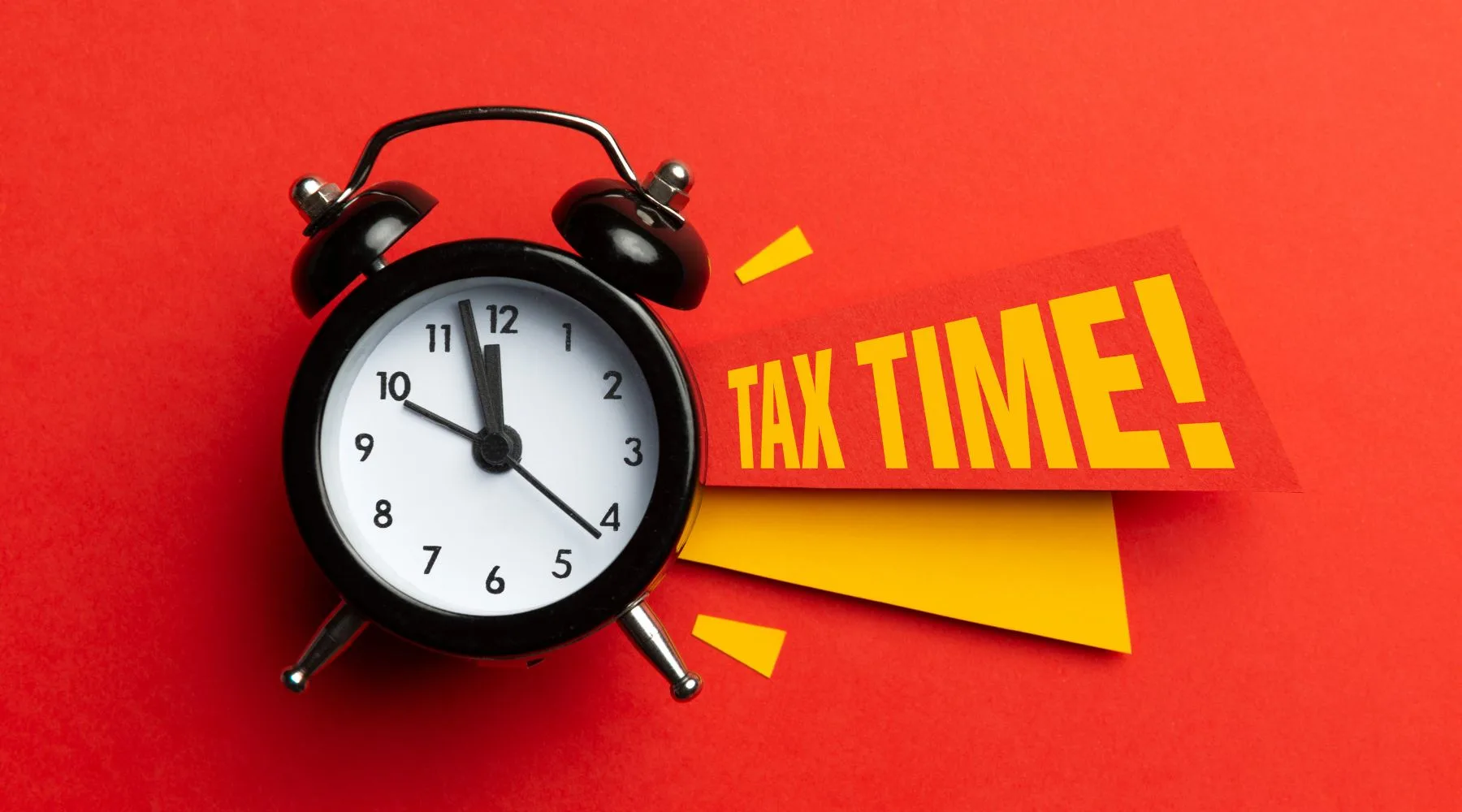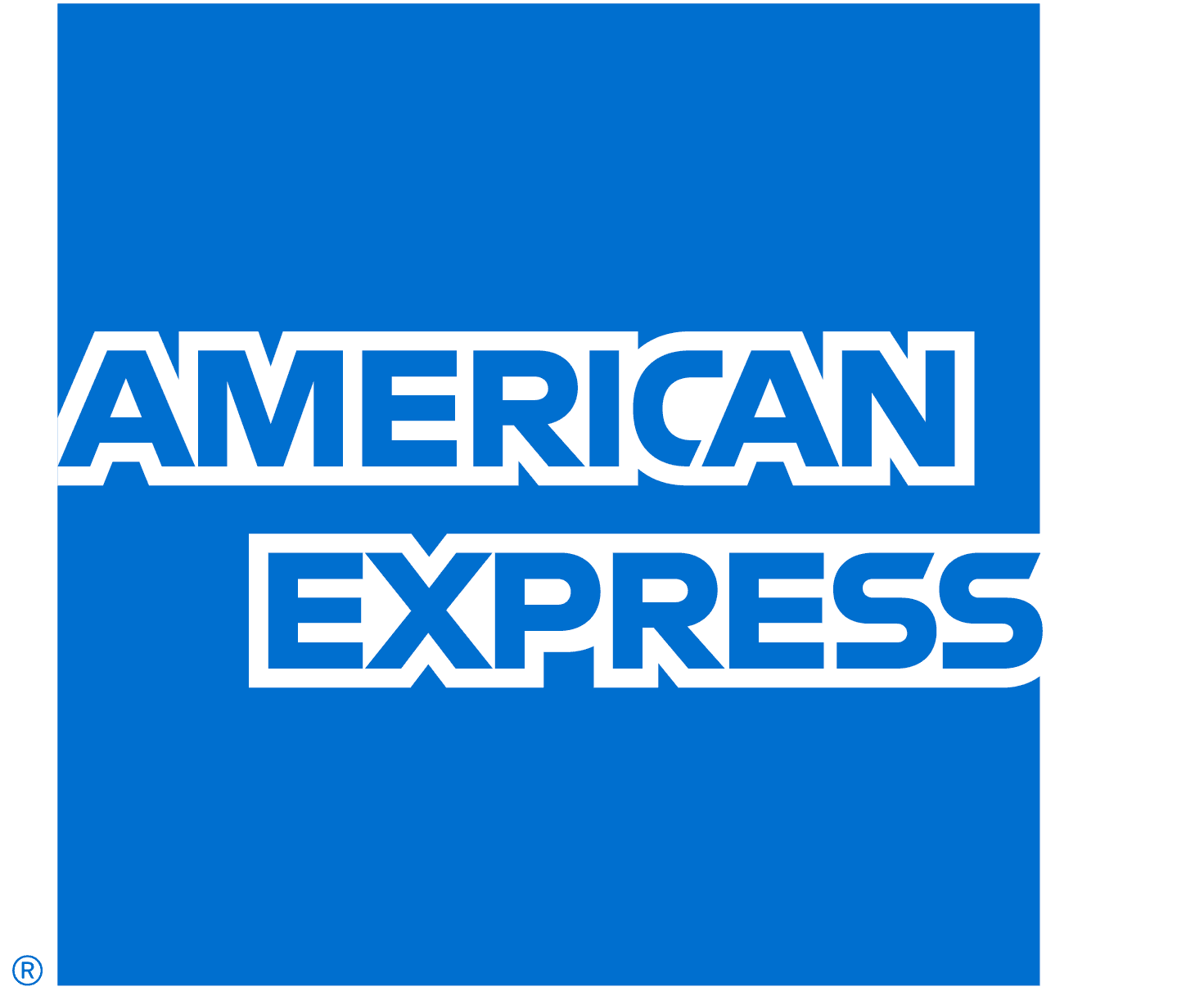6 tips to get ahead of business challenges before tax time this year

Making some of these changes now could save you money and headaches in a few months' time.
 Sponsored by the American Express Qantas Business Rewards Card. Receive 170,000 bonus Qantas Points when you apply by 16 June 2026 and spend $6,000 on eligible purchases within the first 3 months. Available only to new American Express Card Members. T&Cs apply.
Sponsored by the American Express Qantas Business Rewards Card. Receive 170,000 bonus Qantas Points when you apply by 16 June 2026 and spend $6,000 on eligible purchases within the first 3 months. Available only to new American Express Card Members. T&Cs apply.
Tax time isn't far away – and it'll creep up more quickly than you expect.
So we've put together some key tips on how you can get ahead of potential challenges and have an easier time at the end of the financial year.

1. Reassess your business card
A business card can be an incredibly powerful tool for SME owners. They can be used for managing day-to-day expenses, providing additional cash flow and taking advantage of opportunities.
Importantly, they also provide a straightforward way to separate personal and business expenses.
So it's critical to have the right one for your company.
This encompasses a few considerations. First and foremost are spend limits and payment terms.
A charge card like the American Express Qantas Business Rewards Card doesn't have a monthly spend limit and offers up to 51 days to pay for purchases1.
In comparison, a business credit card would have a credit limit and charge interest if you carried a balance.
Features and rewards are important too.
The American Express Qantas Business Rewards Card allows you to add up to 99 Employee Cards at no additional cost2.
In turn, this means you can empower your employees to make in-the-moment purchase decisions while having far greater transparency about their spend. No more need to manage expenses or deal with petty cash!
Rewards points are also a common bonus. Sometimes they can even be earned on major business expenses.
With the American Express Qantas Business Rewards Card, you're able to earn points while paying your tax bill or other government services.
You can earn 2 Qantas Points per $1 spent on Qantas products and services, 1.25 Qantas Points per $1 spent on everyday spend and 0.5 Qantas Points per $1 spent on government spend, utilities and insurance3.
These can be redeemed for other rewards that can further reduce business expenses (like travel) or provide staff or customer incentives such as high-end appliances or exclusive events.
So if you don't feel like you're getting the best benefits from your card, it might be time to make the switch.
2. Invest in effective accounting software
Managing your business finances means having the right tools in place.
One of the most important investments you can make on this front is accounting software.
With the right accounting software, you'll be able to easily keep track of revenue and expenses, automate invoices, rapidly generate reports and get a picture of whether your business is on track with its targets.
Many business cards can integrate with accounting software too.
For example, the American Express Qantas Business Rewards Card is compatible with MYOB4, Quicken and Microsoft Excel.
You're able to create an automatic feed straight into the software and get automated, accountant-ready reports.
With tools like this, you can reduce errors and drastically cut down on the time required for bookkeeping.

3. Use electronic records
Though the world is becoming increasingly paperless, there are still an awful lot of paper receipts, invoices and records floating around.
When tax time arrives, it can be a nightmare having to sort through reams of records to find the relevant ones, not to mention the potential for key information to go missing between when it was filed and now.
By switching to digital records, you can provide all of the relevant staff with easy access to key information.
Scanning apps such as ABBYY and SwiftScan lets you easily capture receipts and other key documents on your smartphone, which can then be stored on your internal records.
Most business cards and accounts also offer digital statements and account management tools. If you get a data feed from your card to your accounting software – like in the American Express Qantas Business Rewards example we mentioned – your accountant can access all that data without any printouts.
As a bonus, cutting down on paper records will save you space in the office too.
4. Look for tax incentives that can benefit your business
SMEs are often eligible for a variety of tax incentives and concessions.
One example is the instant tax write-off scheme that has been extended until June 2023.
Superannuation contributions up to a certain amount can also help reduce your tax.
So make sure you and your accountant check which tax incentives your company is eligible for.

5. Don't feel the need to do it all yourself
Now, just because you're running your own business doesn't mean that you're expected to be an expert at everything.
Managing the finances of any size business can be complex, particularly if you're still in the early stages.
So working with a professional accountant can streamline the process.
There's a temptation to see it as an added cost to the business. In truth, spending a little extra now can make you significant savings in the long run. In fact, the earlier you involve an accountant, the better.
They can assist you with other tasks like separating your personal from business finances and can recommend other experts for you to work with in growing your company.
When it comes down to the nuts and bolts of lodging your tax return, they'll be more up-to-date with current tax legislation.
This means you'll be able to avoid potential tax road bumps and get a clearer picture of the deductions you can make.
6. Start early
Look, we understand – tax time isn't fun. It usually involves a lot of paperwork and chasing staff for essential information.
But it's not going to get any easier by leaving it to the last minute. The sooner you start preparing your documentation, the easier it will be when the big day arrives.
So if you haven't already, start working with your team (and your filing system) now to ensure that you've got all of the necessary tools in place to have a smooth run with your tax this year.
Learn more about the American Express Qantas Business Rewards Card
Compare other products
We currently don't have that product, but here are others to consider:
How we picked these
